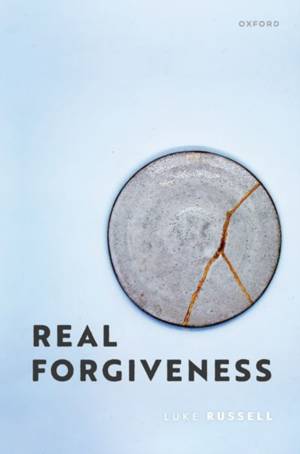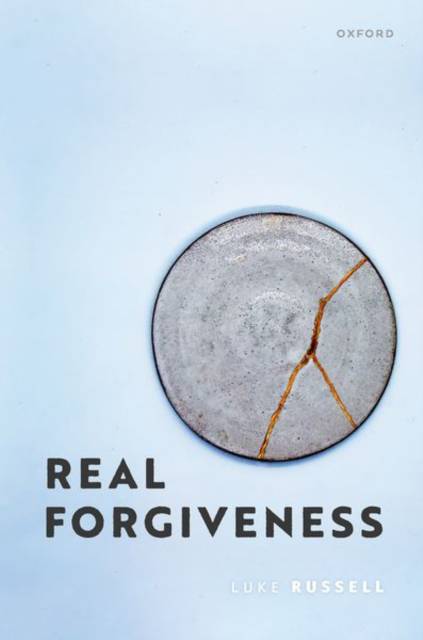
Door een staking bij bpost kan je online bestelling op dit moment iets langer onderweg zijn dan voorzien. Dringend iets nodig? Onze winkels ontvangen jou met open armen!
- Afhalen na 1 uur in een winkel met voorraad
- Gratis thuislevering in België vanaf € 30
- Ruim aanbod met 7 miljoen producten
Door een staking bij bpost kan je online bestelling op dit moment iets langer onderweg zijn dan voorzien. Dringend iets nodig? Onze winkels ontvangen jou met open armen!
- Afhalen na 1 uur in een winkel met voorraad
- Gratis thuislevering in België vanaf € 30
- Ruim aanbod met 7 miljoen producten
Zoeken
Omschrijving
Victims of wrongdoing are often advised not to harbour resentment or seek revenge. Instead, they are encouraged to forgive and move on. Forgiveness is described as a generous gift that heals the rifts created by wrongdoing. It is the path to happiness, the way to escape bitter cycles of revenge and retribution. Yet in some situations it seems that it would be unwise, even dangerous, to forgive. We might worry that victims who forgive unrepentant perpetrators are letting them off the hook and facilitating further wrongdoing. These moral disputes about when we ought to forgive are complicated by the fact that it is unclear exactly what we are talking about when we use the word 'forgiveness'. The supposed experts make wildly divergent claims about what forgiveness is supposed to be. Some say that forgiveness is purely an emotional change in which the victim's anger and resentment are replaced with goodwill. Others say that forgiveness is primarily a behavioural change in which the victim withholds any further blame and punishment. Still others think that forgiving is actually a mental commitment, or even that it is a performative speech act similar to making a promise or cancelling a debt. In Real Forgiveness, Luke Russell identifies the underlying tensions in our thinking about forgiveness, and shows how these tensions have led to mass confusion. Many of us assume that forgiveness is permissible whenever it is possible, and that forgiveness is available to every victim, and that forgiveness results in peace. But forgiveness cannot be all of these things simultaneously, so we must decide which one of these assumptions we will reject. Russell argues that real forgiveness is powerful and appealing precisely because it removes conflict between victims and wrongdoers. Yet sometimes victims ought to remain in conflict with wrongdoers in order to protect themselves and other vulnerable members of the community, so sometimes is it morally wrong to forgive.
Specificaties
Betrokkenen
- Auteur(s):
- Uitgeverij:
Inhoud
- Aantal bladzijden:
- 204
- Taal:
- Engels
Eigenschappen
- Productcode (EAN):
- 9780198878476
- Verschijningsdatum:
- 30/11/2023
- Uitvoering:
- Hardcover
- Formaat:
- Genaaid
- Afmetingen:
- 164 mm x 236 mm
- Gewicht:
- 535 g

Alleen bij Standaard Boekhandel
+ 183 punten op je klantenkaart van Standaard Boekhandel
Beoordelingen
We publiceren alleen reviews die voldoen aan de voorwaarden voor reviews. Bekijk onze voorwaarden voor reviews.











